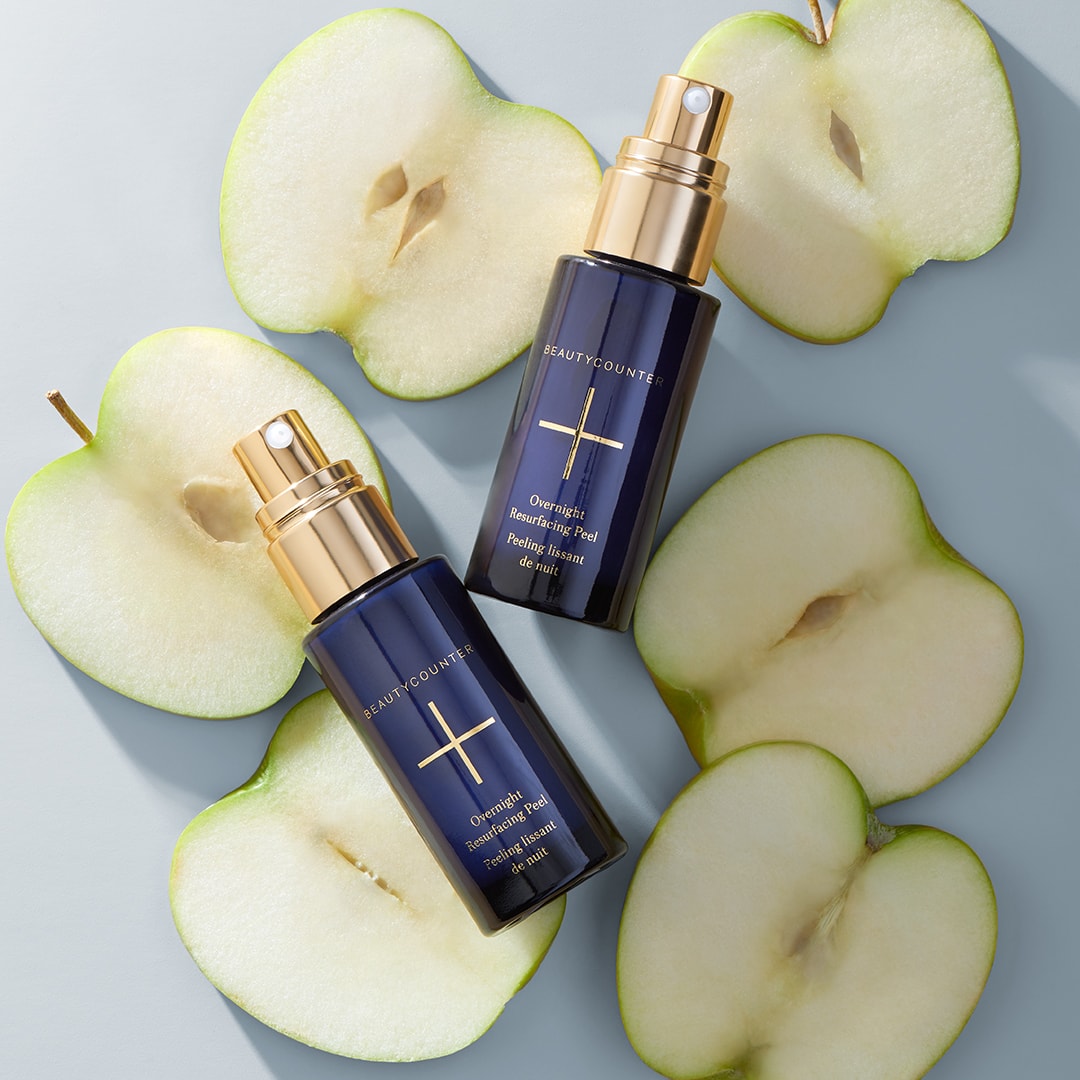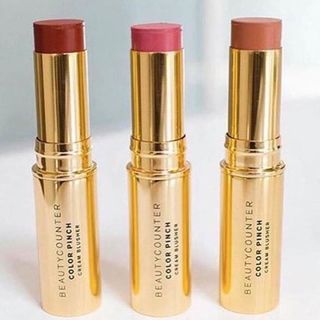Vitamin C, a cult ingredient that is adored by skin care experts. We are keen to include it in our diets for the nutritional benefits, however many of us do not hold it in the same regard when it comes to our skin for its topical uses.

I would have to say Vitamin C is without a doubt a skin care essential in my skin care routine, but it is also going to be beneficial for all skin types. Vitamin C is most popular for its antioxidant properties. It causes a boost in collagen production – the most abundant protein in the body which makes the skin strong, resilient, and plump.
However, collagen is naturally lost due to 2 main factors; which are ageing and UV radiation from the sun. I’m sure you’ll agree that having an increased amount of collagen is always a plus. It means your skin will feel firmer and smoother with fewer fine lines and wrinkles.
The benefits don’t stop there. It is also known to brighten your complexion, encourage cell regeneration, protect your skin from environmental pollution, hydrate the skin, and just keep you looking young! Because of vitamin C’s brightening effects, it can also help reduce the appearance of scars with the use of a serum. In addition, it can aid the harsh look of dark spots you may find on your skin. It achieves this effect by lightening them because it is able to prevent melanin production, which causes the dark spots to appear in the first place.
You may notice vitamin C is not simply marked as ‘Vitamin C’ when listed on the ingredients list of the products we buy. This is because gentler derivatives of Vitamin C are made for our skin. These are three of the types to look out for:
For Normal to Oily Skin
L-Ascorbic Acid (LAA) – One of the most well-known forms of vitamin C. This type of vitamin C has shown to penetrate the skin deeply and is generally the most effective. However, due its high concentration, it is not recommended for those who suffer from dry or sensitive skin, as it can cause skin irritation. (If you have this skin type and are still keen to try this kind, I would recommend you conduct a patch test first).
For Dry to Sensitive Skin
Magnesium Ascorbyl Phosphate and Tetrahexyldecyl Ascorbate – These two derivatives of vitamin C are best suited for people with dry to sensitive skin type. This is because they are the most gentle and safe for the skin. These are the two derivatives I choose to regularly use when my skin is irritable.
Magnesium Ascorbyl Phosphate is known to shown to be more specific for brightening the skin in comparison to other derivatives. It substantially improves the skin’s hydration, while effectively having a calming effect on your skin. Therefore it helps to prevent increased sensitivity and the buildup of excess oils.
Tetrahexyldecyl Ascorbate is a more stable form of vitamin C. This is beneficial due to it being able to work well alongside other forms of vitamin C within product formulas, such as retinol, which can help achieve synergistic effects. It is differently formulated from Magnesium Ascorbyl Phosphate as it is stored within fat tissue, as opposed to water, which allows for it to be more easily absorbed.

Shopping for Vitamin C in Skin Care Products
Vitamin C is most commonly found in serums and moisturizers, but can also be found in eye creams, lip treatments, facial mists and a number of anti-ageing products. Also, it is important to note that although several products containing vitamin C can protect you from the sun to a certain extent, they can still lead to skin cancer and premature ageing and should not be a replacement for your sunscreen.
Now that you know how to find the find the vitamin C in your products, you can start to incorporate them into your skin care routine. When you first start out using products of this kind, it is recommended that you begin using a product containing a low concentration at around 10%. After seeing how your skin adapts or after continuous use, you can then start to build up the percentage you use.
If you are looking to build up the intensity and to see the best possible results, look for a serum with a low PH level at around 3.5. This will absorb more effectively and therefore reach the deeper layers of your skin. It is also reassuring to know that having as little as 0.6% of an ingredient containing vitamin C in your product will still allow you to see the beneficial results.
When shopping for your product, look for packaging which is in a pump container or an air restrictive tube or bottle. This is because vitamin C is an antioxidant, and all antioxidants break down but will do so at a lesser rate in these containers, and therefore last much longer. For the application of the serum or moisturizer, apply a thin layer across the skin before applying thicker products to allow the product to properly absorb.
I would love for you to share with me your favourite products containing vitamin C.
Or if you do not yet have any and are looking for inspiration, these are some of my favourite products:
Cleansing Balm – This product has multiple uses as a cleanser, balm and mask. It is particularly good for removing makeup – BeautyCounter reported that after using this product “100% of women showed a significant increase in skin hydration after eight hours, with an average increase of 25%. (Results based on independent, 24-hour, 25-subject, single-blind clinical and consumer perception study)”.
Rejuvenating Night Cream – This product contains Tetrahexyldecyl Ascorbate, also incorporating Jambu extract for added anti-aging benefits.

No. 1 Brightening Facial Oil – This product won an Allure Best of Beauty award in 2017 and contains the form of Vitamin C called Tetrahexyldecyl Ascorbate, which I previously mentioned.
No. 1 Brightening Facial Mist – This product contains Magnesium Ascorbyl Phosphate, and is most suitable for those suffering from sensitive skin.
Overnight Resurfacing Peel – This overnight peel is formulated with 15 botanically-derived acids (one of them is Ascorbic Acid) that improve skin texture and minimize the appearance of pores, fine lines, and dark spots without irritation or over-drying.
 Cream Blusher – Contains the Tetrahexyldecyl Ascorbate derivative. It is available in three shades, hibiscus, caramel and umber. My go-to colour would have to be the Hibiscus. It’s not only a great blusher but also a multitasking product that can be used on your eyelids and lips too.
Cream Blusher – Contains the Tetrahexyldecyl Ascorbate derivative. It is available in three shades, hibiscus, caramel and umber. My go-to colour would have to be the Hibiscus. It’s not only a great blusher but also a multitasking product that can be used on your eyelids and lips too.
